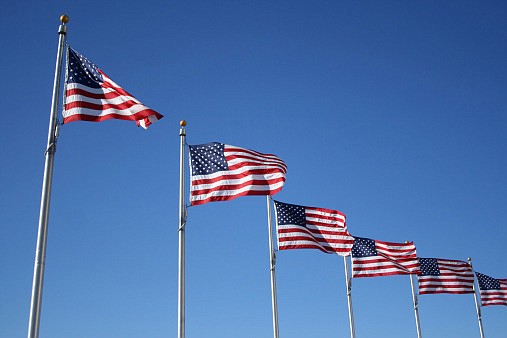Andrews' Raiders got first Medals of Honor
Friday, January 1, 1904
IF YOU GO
What: Civil War Roundtable discussion/the Medal of Honor at 150When: 7 p.m.Where: Millis-Evans Room, Caldwell Hall at the McCallie SchoolContact: Jim Ogden at 706-866-9241, ext. 116Cost: Free
In April 1862 two dozen Union soldiers disguised as civilians had infiltrated Confederate lines and made it to Marietta, Ga.
Their plan was to capture a train and push it north to Chattanooga, stopping only to burn bridges along the way. The daring attack would sever Confederate rail lines and cut off the rebels' supply to huge swaths of troops in Tennessee and beyond.
James J. Andrews led the party as it took over The General, a steam engine pulling three empty boxcars. But they had been spotted, and two men chased them just past Ringgold, Ga., where Andrews' Raiders fled.
Some of the raiders were captured, eight hanged in Atlanta and their bodies later disinterred and moved to Chattanooga National Cemetery.
Nearly a year later, on March 25, 1863, six of the surviving raiders were the first people presented with the nation's highest military medal -- the Medal of Honor.
"The raid itself has been described as the boldest venture of the war," said Jim Wade, director of the National Medal of Honor Museum here.
Wade will speak tonight at the monthly meeting of the Chattanooga Civil War Roundtable about the medal's history and its importance to the fighting that took place locally.
The medal was presented 30 times for action in four battles from September to November 1863, he said.
Four of the raiders who earned the medal, along with three servicemen from the Boxer Rebellion, World War II and Korea, are buried in the National Cemetery here, he said.
Jim Ogden, president of the roundtable, said the raid was another of the historical steps that placed Chattanooga at the center of the war in importance.
In early fighting most of the maneuvers were by water, and controlling steamboat channels was crucial, he said. Few recognized how important a role railroads, still a new technology, would play.
But as the war dragged on, strategic thinking evolved.
"Who owns the railroads and who can deny railroads to the other side will play a very big part in the war," Ogden said.
As for connecting the war's history with modern residents, Ogden said the medal is recognizable to many but its origin and eternal connection to Chattanooga may not be.
